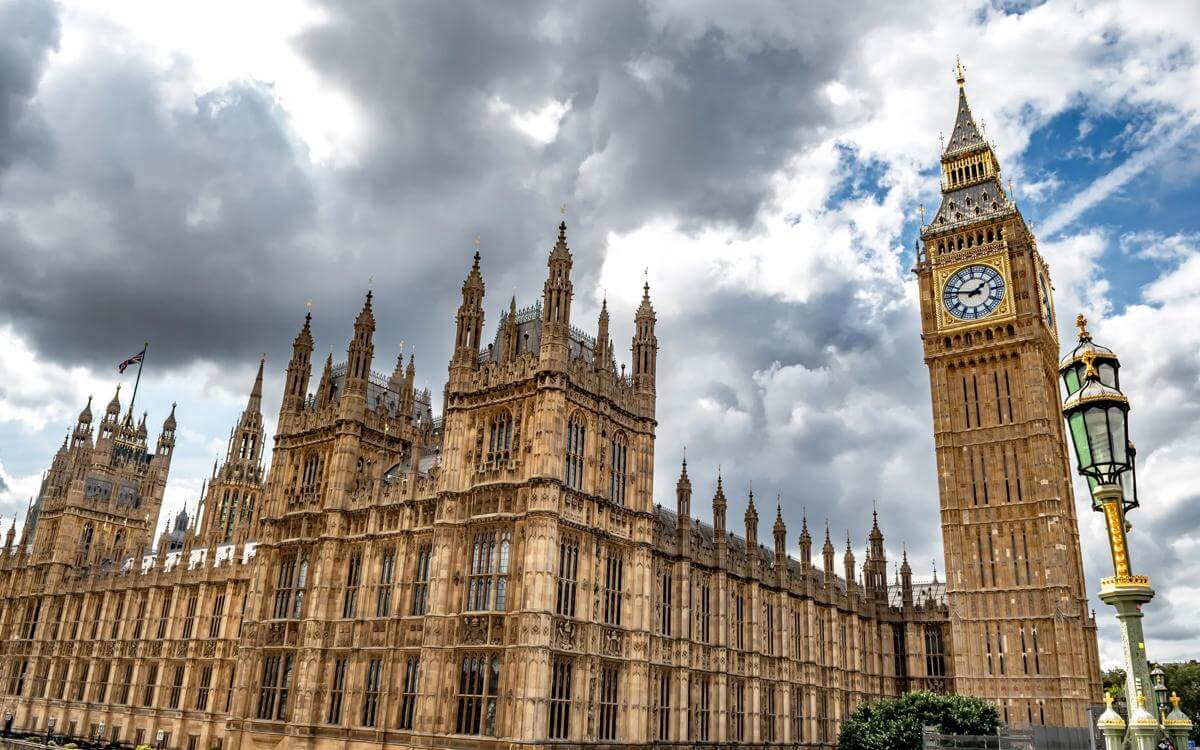The troubled journey of the proposed audit reform and Corporate Governance Bill continues, following further intense lobbying and concerns about its potential effect on economic growth.
It has been between six and seven years since the publications of the Sir John Kingman review of the FRC, the Competition and Markets Authority report on competition in the audit sector and the Sir Donald Brydon report on improving audit quality and effectiveness.
Having consulted on radical proposals for the audit market and the regulation of company directors in 2021, the last Conservative government then kicked any reform into the long grass prior to the Labour government taking power.
Fresh hope on the much-needed reforms was given by the fact that Labour committed to bringing forward draft legislation in the King’s Speech in 2024.
A draft bill should therefore have been published by the spring. We summarise the status of the bill below.
Latest updates
Unfortunately, in July 2025 the government announced yet further delays to the publication of a draft bill, citing that there was insufficient parliamentary time.
Following continued criticism of the delay, on 4 September 2025 Justin Madders MP, the Minister for Employment Rights, Competition and Markets at the Department of Business and Trade published a brief letter setting out the government’s current intentions.
September 2025 ministerial letter
The letter confirms that there will be a new regulator, which will now be known as the Corporate Reporting Authority (CRA) instead of the Audit, Reporting and Governance Authority (ARGA).
It also confirms that the government intends to extend the definition of what is a public interest entity (PIE) requiring increased regulation to only the very largest companies, with 1,000 employees and a turnover of more than £1bn.
It also states that there will indeed be expanded regulatory sanctions against directors and some measures to address the poor functioning of the audit market.
It does not say what those measures might be but disappointingly states that this will not extend to either the forcing of shared audits between the Big Four and challenger firms, or the capping of the market share of the Big Four. There is therefore a real risk that the opportunity to finally address some of the systemic issues in the audit market will be missed.
The minister did at least express an intention to consult further on these plans “in the autumn”. This appears to mean autumn 2026. Finally, he refused to commit to any timetable for the publication of a draft bill.
Conclusion
We can therefore only await its glacial progress before judging what other previous proposals might survive, including operational splits of the Big Four, the new corporate audit profession and a new duty on them to detect fraud.
Contents
- Professional and management matters: October 2025
- Ensuring compliance after Mazur: A practical guide for law firms
- Directors and officers: ESG and litigation
- Considerations for professionals when using artificial intelligence
- Cyber attacks: Could brokers be in the firing line?
- A reminder to accountants and tax advisers: Know your policy terms










































